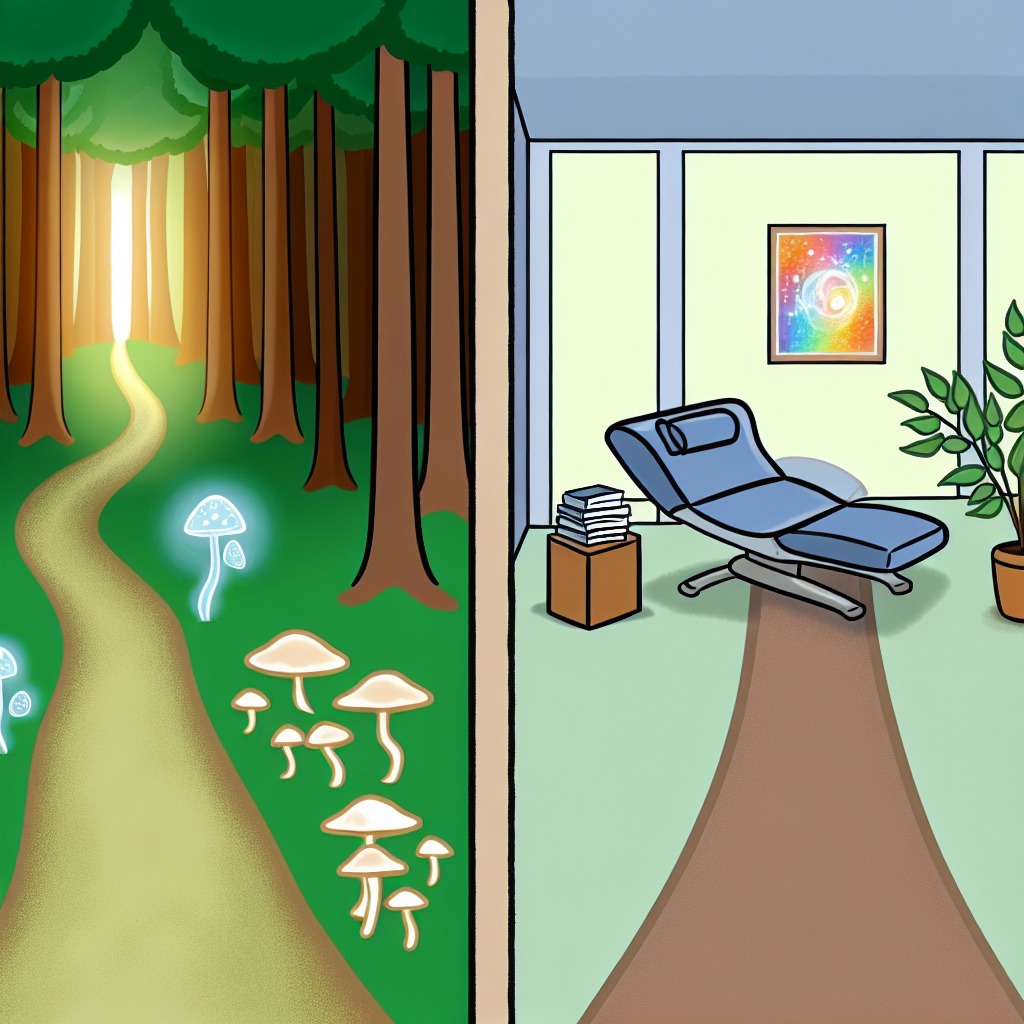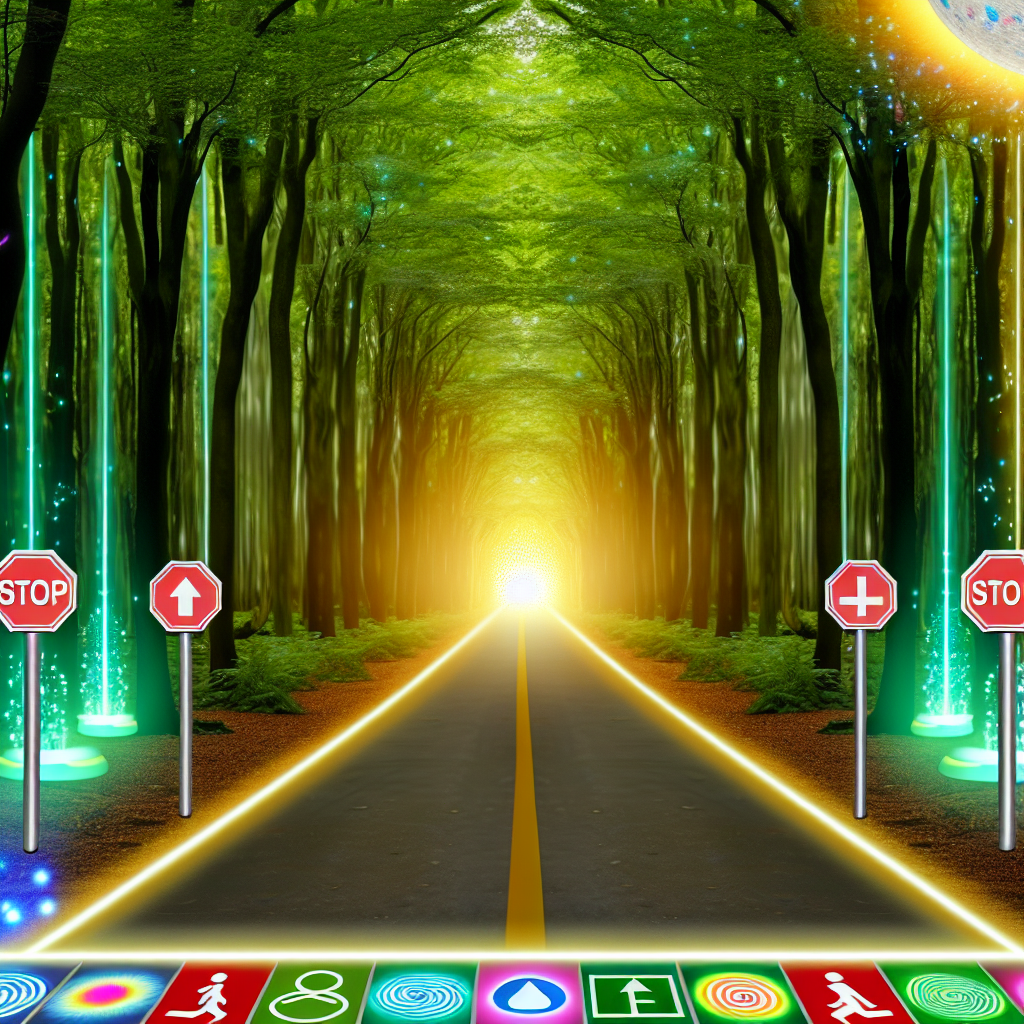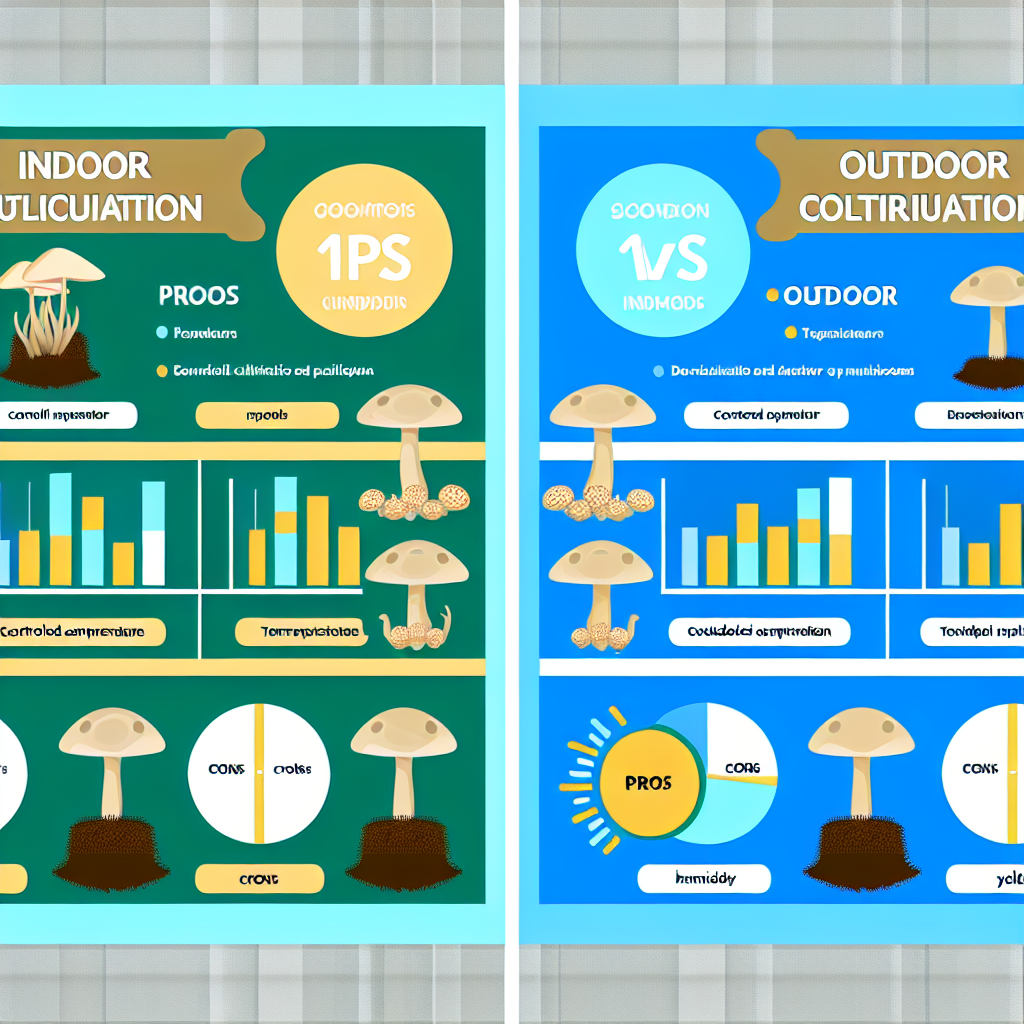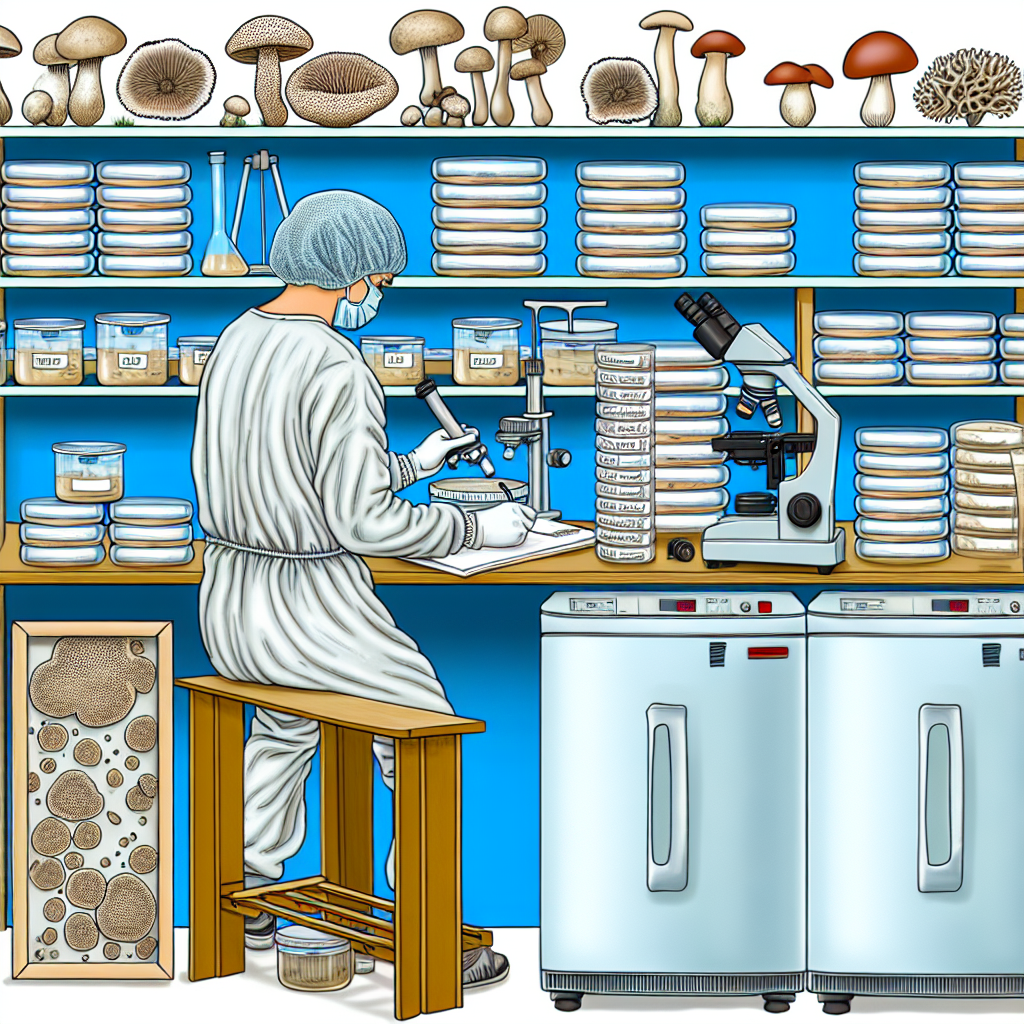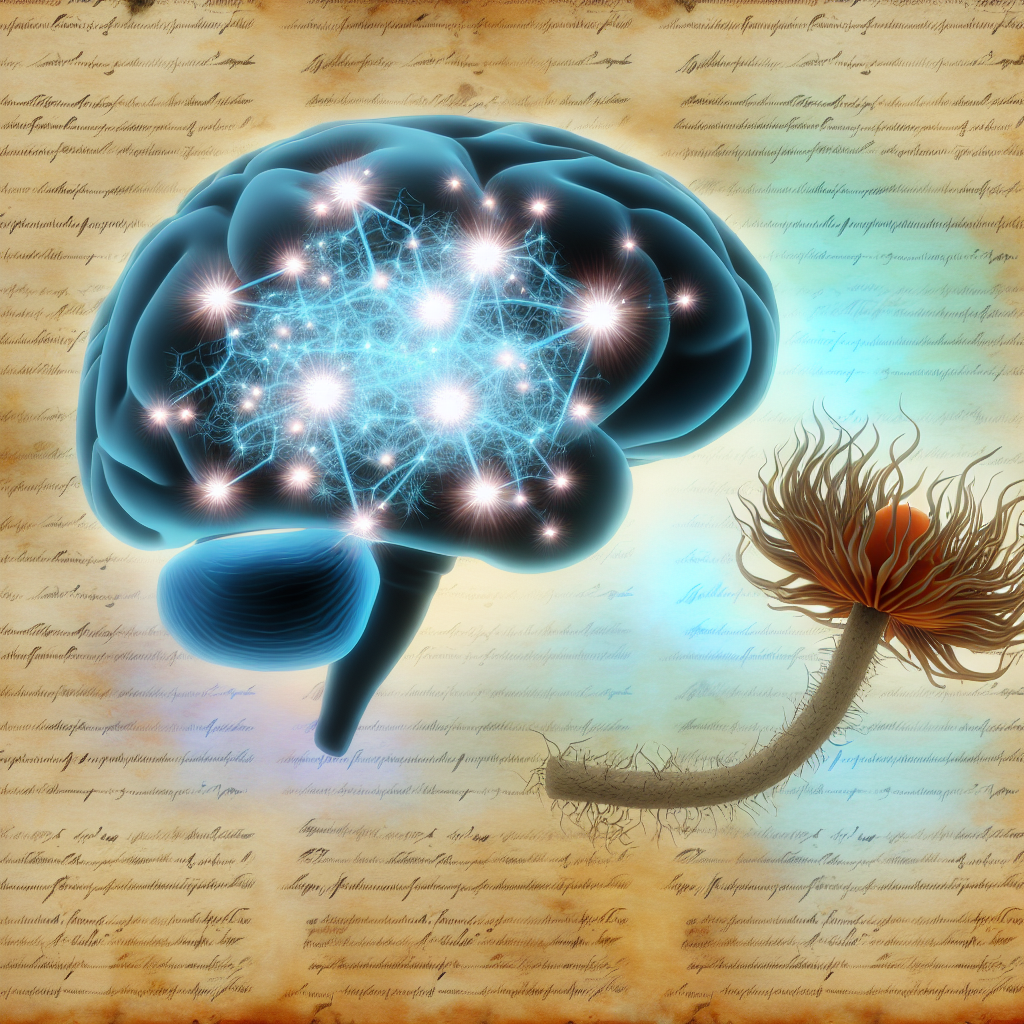Psilocybin Retreat vs. Clinical Therapy: Choosing the Right Healing Path
In recent years, psilocybin—the psychoactive compound found in certain species of psychedelic mushrooms—has reemerged from the shadows of prohibition to take center stage in discussions about mental health and emotional wellbeing. Two prominent modalities have emerged in the growing ecosystem of psychedelic treatment options: psilocybin retreats and clinical therapy using psilocybin-assisted psychotherapy. Both are rooted in the therapeutic potential of entheogens, yet they cater to different needs, environments, and philosophies of healing.
Scientific Backing: The Evidence Behind Healing with Psilocybin
Scientific findings over the last decade have increasingly validated the therapeutic potential of psilocybin, most notably within controlled clinical settings. One of the most well-known studies comes from Johns Hopkins University, where researchers found that two doses of psilocybin, combined with psychotherapy, significantly reduced depressive symptoms in participants. Similarly, a randomized, double-blind trial published in the New England Journal of Medicine in 2021 compared the effects of psilocybin with a standard antidepressant, escitalopram, and found that participants with moderate-to-severe major depressive disorder showed equal or greater improvements with psilocybin.
Retreat or Regulated Care? A Look at Two Different Paths to Healing
Psilocybin retreats have also been the subject of qualitative studies, with one observational study published in the journal Frontiers in Psychology reporting significant and sustained improvements in stress, anxiety, and depression scores after the retreat experience. These retreats often incorporate community support and spiritual growth, which can be profoundly healing even outside the clinical definition of “therapy.” Clinical therapy, on the other hand, provides a safe environment for those navigating severe psychological conditions, including treatment-resistant depression and PTSD, with its regulated nature allowing for screening, preparation, emergency support, and integration with professional mental health services.
The Power of Integration: Making the Most of the Psilocybin Journey
Both psilocybin retreats and clinical therapy benefit from post-experience integration, a structured way of processing insights from the psilocybin journey. Journaling, counseling, group dialogue, and lifestyle changes are often introduced as supportive tools during this stage to embed lessons from the experience into daily life.
Conclusion: Choosing the Right Path for Your Inner Healing
Choosing between a psilocybin retreat and clinical therapy is not just a logistical decision but a deeply personal one. While clinical settings offer structured healing backed by evidence, retreats provide expansive space for inner growth and spiritual transformation. Ultimately, the most effective path depends on individual needs, intentions, and levels of comfort.
References
- Davis, A. K., Barrett, F. S., May, D. G., Cosimano, M. P., Sepeda, N. D., Johnson, M. W., & Griffiths, R. R. (2021). Effects of Psilocybin-Assisted Therapy on Major Depressive Disorder: A Randomized Clinical Trial. JAMA Psychiatry. Read Study
- Carhart-Harris, R., Giribaldi, B., Watts, R., et al. (2021). Trial of Psilocybin versus Escitalopram for Depression. New England Journal of Medicine. Read Study
- Uthaug, M. V., van Oorsouw, K., et al. (2019). Sub-acute and long-term effects of psilocybin on psychopathology and wellbeing in healthy individuals: A naturalistic observational study. Frontiers in Psychology. Read Study
Concise Summary:
This article explores the growing interest in psilocybin, the psychoactive compound found in certain species of psychedelic mushrooms, as a tool for mental health and emotional wellbeing. It compares two prominent modalities: psilocybin retreats and clinical therapy using psilocybin-assisted psychotherapy. The article delves into the scientific evidence behind the therapeutic potential of psilocybin, the differences between the retreat and clinical approaches, and the importance of post-experience integration in both settings. Ultimately, it emphasizes the personal nature of choosing the right healing path based on individual needs, intentions, and comfort levels.

Dominic E. is a passionate filmmaker navigating the exciting intersection of art and science. By day, he delves into the complexities of the human body as a full-time medical writer, meticulously translating intricate medical concepts into accessible and engaging narratives. By night, he explores the boundless realm of cinematic storytelling, crafting narratives that evoke emotion and challenge perspectives. Film Student and Full-time Medical Writer for ContentVendor.com
